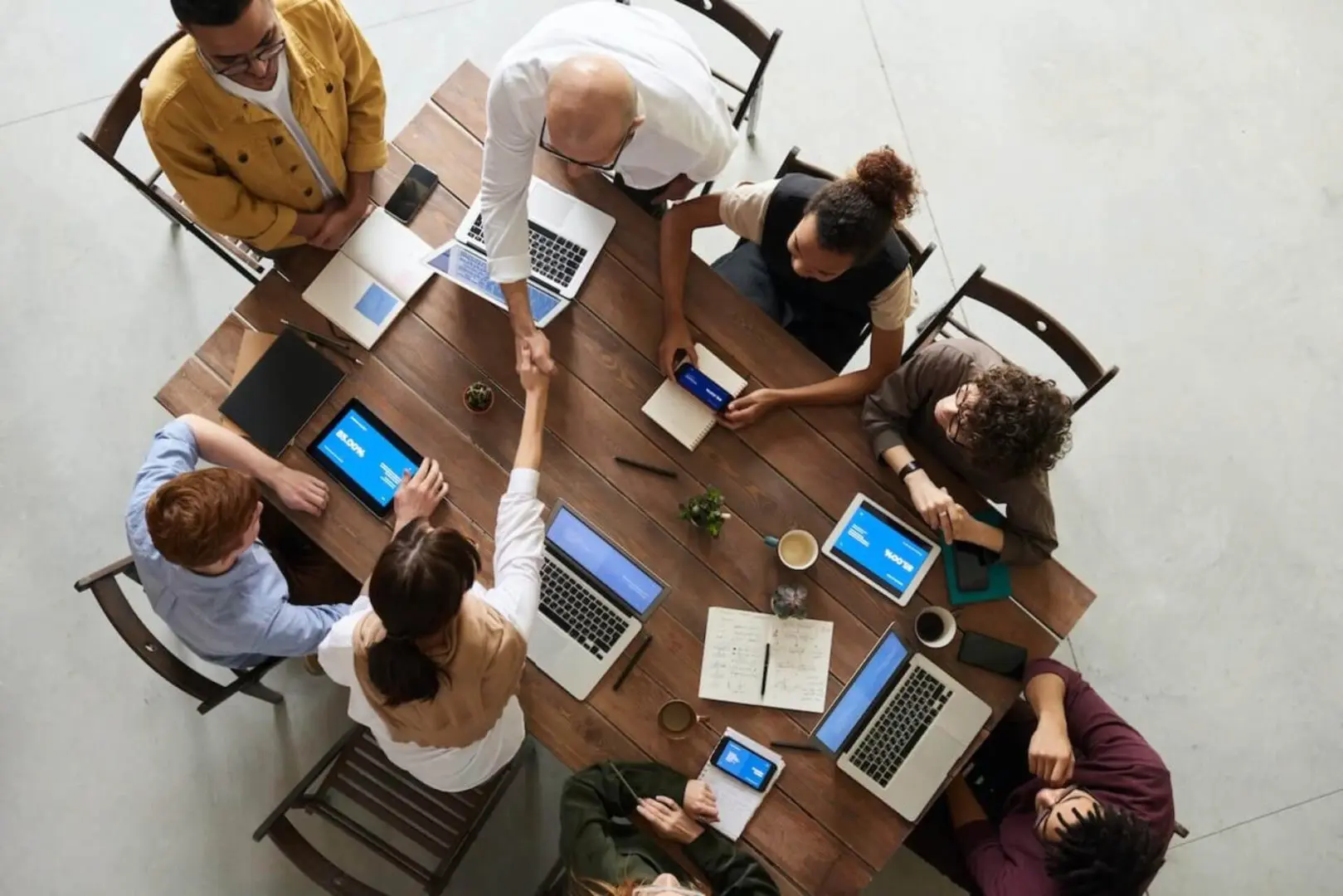Working with the Colorado Lab as an External Researcher
The Colorado Lab invites external researchers to join us in our mission, focusing on project delivery with state and local partners, enhancing knowledge through peer-reviewed publications, and other forms of scholarly collaboration. We value researchers who embrace our core principles—the Essential Elements.
Bridge to the Research Community
Our Essential Element “Bridge to the Research Community” articulates how we collaborate with research and evaluation partners in Colorado and beyond.
- We believe that mutually beneficial partnerships within the research community are vital to developing proactive, cross-system solutions that meet the priorities of government and community partners.
- We take a growth mindset and prioritize capacity building within the research community.
- Our government partners—and the communities they serve—have a wide array of needs and decision-making goals. We build capacity to meet these diverse needs by harnessing a broad base of subject matter and methods expertise through our network of highly qualified researchers and evaluators.
As opportunities arise, we connect government partners with the right evaluators, at the right time, for the right project. This looks different depending on project needs and strengths of the external research partner. An external research partner may:
- serve as a consultant,
- serve as the lead researcher on a project,
- co-lead a collaborative initiative with the Colorado Lab team, or
- contract as an evaluation team under one of the evidence-building hubs.
Across these roles, the external research partner and the Colorado Lab share a commitment to learning together and building the capacity of the research community. This approach enhances decision-makers’ access to a reliable, consistent, and highly skilled evaluation workforce ready to help unlock data-informed solutions that improve the lives of Coloradans.
Check out the Bridge to the Research Community installment of our blog series on the Colorado Lab’s Essential Elements for examples of projects supported by external research partners.

Tell Us About Yourself
If working with the Colorado Lab interests you, we’d love to learn more about you! Share your background, interests, and availability by filling out our external researcher partners questionnaire. We will contact you if and when there are fitting opportunities. Completing the survey means you consent to us contacting you about potential collaborations and sharing your details with government or community partners who need help with evidence-based projects.
Current Opportunities
Call for Nominations for Learning Community on Family Economic Well-Being Research
Background
Existing literature suggests that family economic well-being is an important protective factor to counter child maltreatment. Nationwide, there is growing interest in strengthening families by investing in family economic well-being, including by mitigating income volatility (reducing variance in income over time) and its effects. There are many potential policy and programmatic avenues to address issues related to income volatility, and recent advances in data integration across government systems allow for even more creative approaches. Yet the conversation around income volatility as a lever for change is just beginning.
Goal
In collaboration with the Colorado Department of Early Childhood (CDEC), the Colorado Lab at the University of Denver seeks to convene a Learning Community on Family Economic Well-Being Research to align the needs of policymakers and the public with rigorous research that explores the connection between income volatility and family economic well-being or child maltreatment. The interdisciplinary Learning Community of up to 12 research experts (up to 7 from outside of Colorado) will explore what we know and don’t know about the relationship between income volatility and family economic well-being or child maltreatment, and what actionable policies and programs might be part of the solution. The group will develop a mind map or similar visual to provide a centerpiece for conversations in the field, demonstrating where current research is focused and prioritizing where more research is needed to inform policy and practice.
The Learning Community’s work will be aligned with Colorado’s approach to Evidence-Based Decision Making. The target audiences for the group’s findings will include, but not necessarily be limited to, state and federal policymakers deciding where and how to invest future child maltreatment prevention dollars, program managers who are deciding how to invest current dollars (e.g., state CBCAP program administrators), and advocates.
Logistics
Selected participants will be asked to join two virtual convenings from December 2024 through spring 2025 and one in-person convening in Denver, Colorado in summer 2025. Exact dates will be determined based on the availability of Learning Community participants. The costs of travel to Denver will be covered, but there is no stipend. While the initial commitment is through September 2025, the Learning Community may be extended longer in some form depending on the needs identified during the upcoming year, the interest of Learning Community participants, and available funding.
Nominate
If you have participated in evidence-building activities pertaining to the relationship between income volatility and family economic well-being or child maltreatment, or if you would like to nominate someone else who has, please complete this form by October 30 for best consideration. Zoom interviews will begin the week of November 4 with final membership decisions made as soon as possible thereafter until all positions are filled.
Please contact Jo Beletic (Joanna@ColoradoLab.org) for any questions.
